A big week for foreigners as Germany’s citizenship law passes
Even though we were pretty certain that the new German naturlisation law would pass in the Bundestag on Friday lunchtime, The Local team still waited on tenterhooks for the vote results to be read out. But it happened. Out of a total of 639 votes, 382 MPs in Germany’s parliament voted for the bill, 243 MPs voted against and 23 MPs abstained. If you’re a regular reader of The Local, you’ll know what that means: Holding multiple nationalities will be allowed for everyone applying to be naturalised in Germany. You’ll be able to apply after five years of residence in Germany, not eight. There are plenty of other changes which you can read about here. The law has to go through the Bundesrat but no delays are expected there. The law should come into force sometime in the next few months, possibly April or May.
MPs from across the political spectrum were able to have their say ahead of the vote. CDU and CSU members said they were not happy that German citizenship was set to be ‘devalued’. Politicians mainly from the coalition government parties – the SPD, Greens and FDP, repeated their message that Germany is an ‘immigration country’ where diversity is welcome. When arguing for the new law, some politicians highlighted the problem of racism in Germany, pointing to a secret meeting of far-right extremists including high-ranking members of the AfD where a plan to deport foreigners was discussed.
Many readers of The Local told us that they plan to apply for citizenship straight away.”I will apply and will be proud to finally become German,” said Joe Del Borrello, who’s based in Berlin.” Many members of the Local’s own team are preparing to apply. “I’ll gladly take it up,” said The Local’s Mike Stuchbery who’s in Stuttgart. “This country has accepted me, taught me a lot, it’s now a part of who I am.”
Tweet of the week
There are many types of cultural divides in Germany, but one which actually unites people is food.
People often talk about differences between east and west Germany, but another cultural divide is a north-south one. Take potato salad. Northerners tend to make it with mayo, southerners without. So here is my contribution to German unity: a Bavarian potato salad in Berlin 😋🥔 pic.twitter.com/XFS5aKvEFt
— Katja Hoyer (@hoyer_kat) January 16, 2024
Where is this?
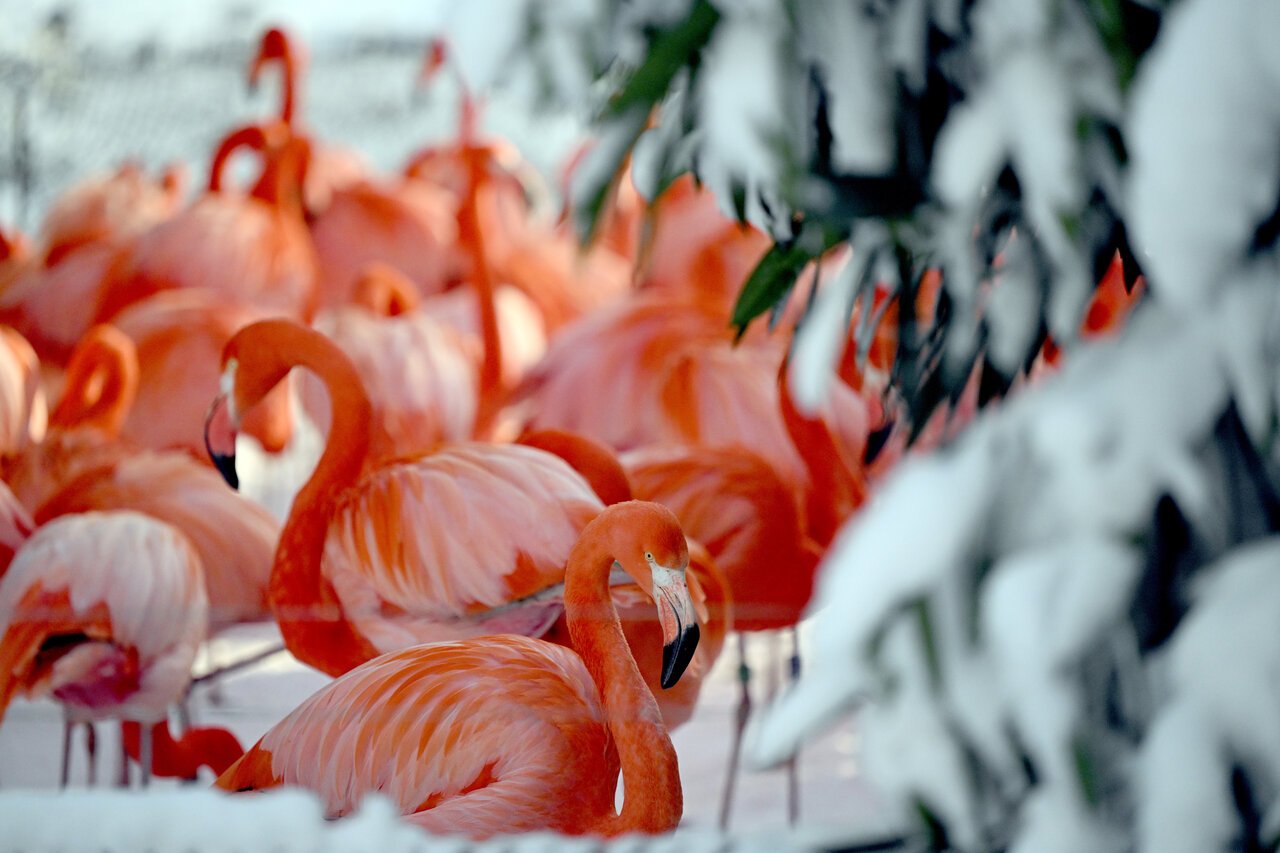
Flamingos are generally thought of as tropical animals which thrive in warm climates. But according to zookeepers at the Kölner Zoo, they are hardy birds which can brave cold conditions and even have no problem with them. That’s good, considering Cologne was among the places in Germany pummeled by snow and ice mid-week. Hundreds of flights and trains were cancelled and there were kilometres-long traffic jams as parts of central and southern Germany saw upwards of 30 centimeters of snow within 24 hours.
Did you know?
Germans love their seasonal fruits and vegetables, as anyone living in the country can attest to with all the menus devoted to Spargel (asparagus) in the spring, Erdbeeren (strawberries) in the summer or Kürbis (pumpkin) in the autumn. So it’s no surprise that the winter comes with its beloved produce – namely Grünkohl or kale. You might have seen big bags of it for sale at the supermarket, or spotted it as a side dish at restaurants, stewed in Schmaltz and Speck (bacon).
North Germany has a particular affinity for the leafy green, which is in season November through February. Oldenburg crowns a kale king and queen (reminding us of the similar tradition Germans have for their asparagus-promoting royalty), who guide people on winter walks which culminate with a tasty dinner at a local restaurant or pub. The vegetable has even been the subject of prose. As one verse from a local newspaper (devoted exclusively to kale) proclaimed: Kale is served, along with bacon, pinkel and pork, Now everyone is encouraged to bravely lift their forks!
With reporting by Rachel Stern and Rachel Loxton

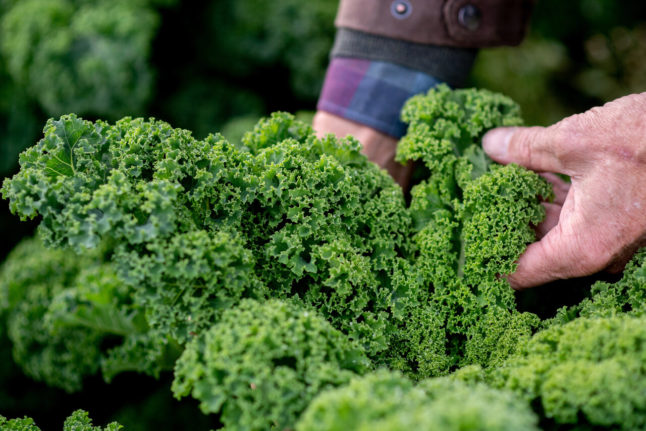
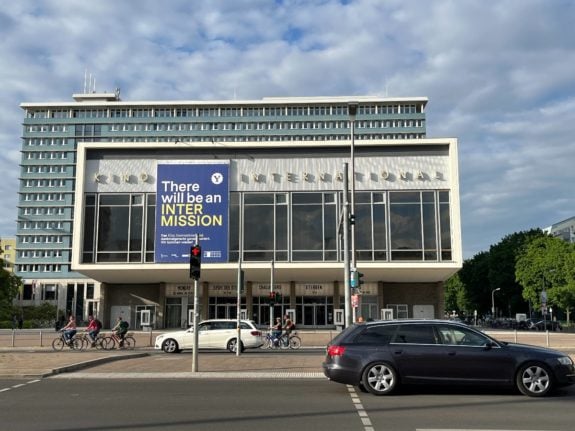
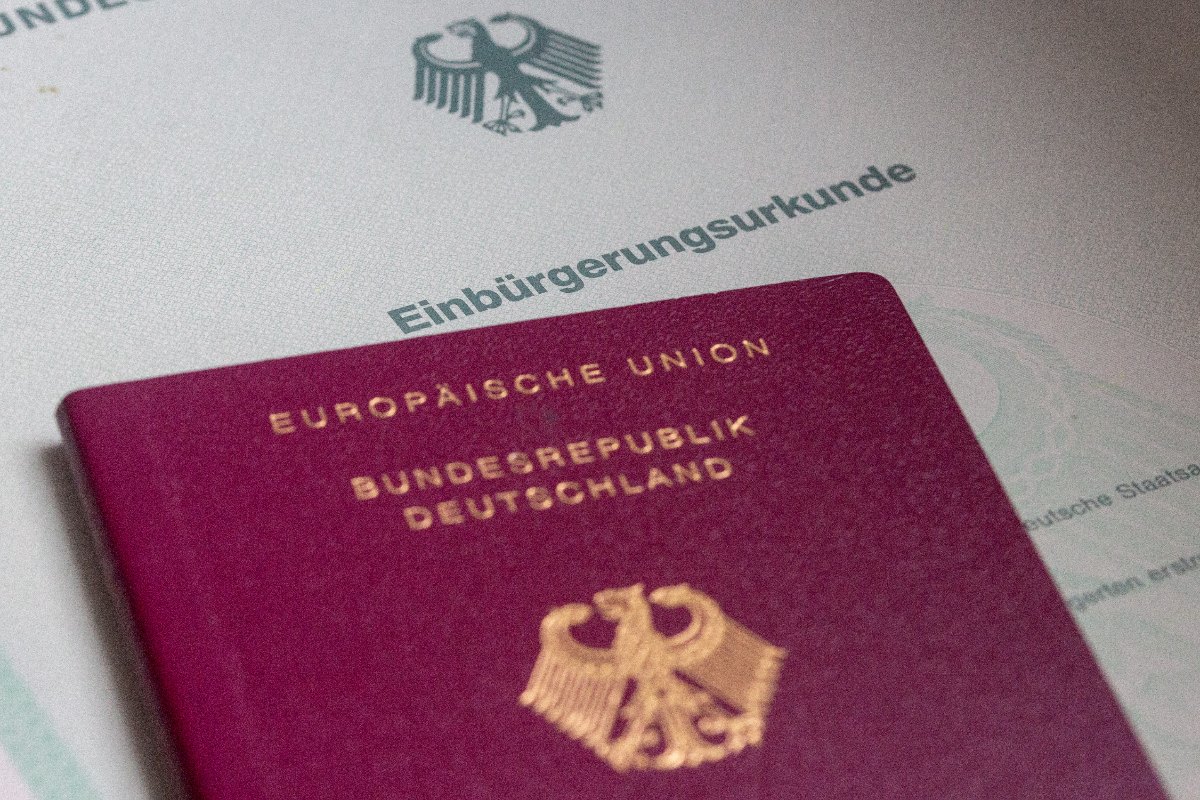
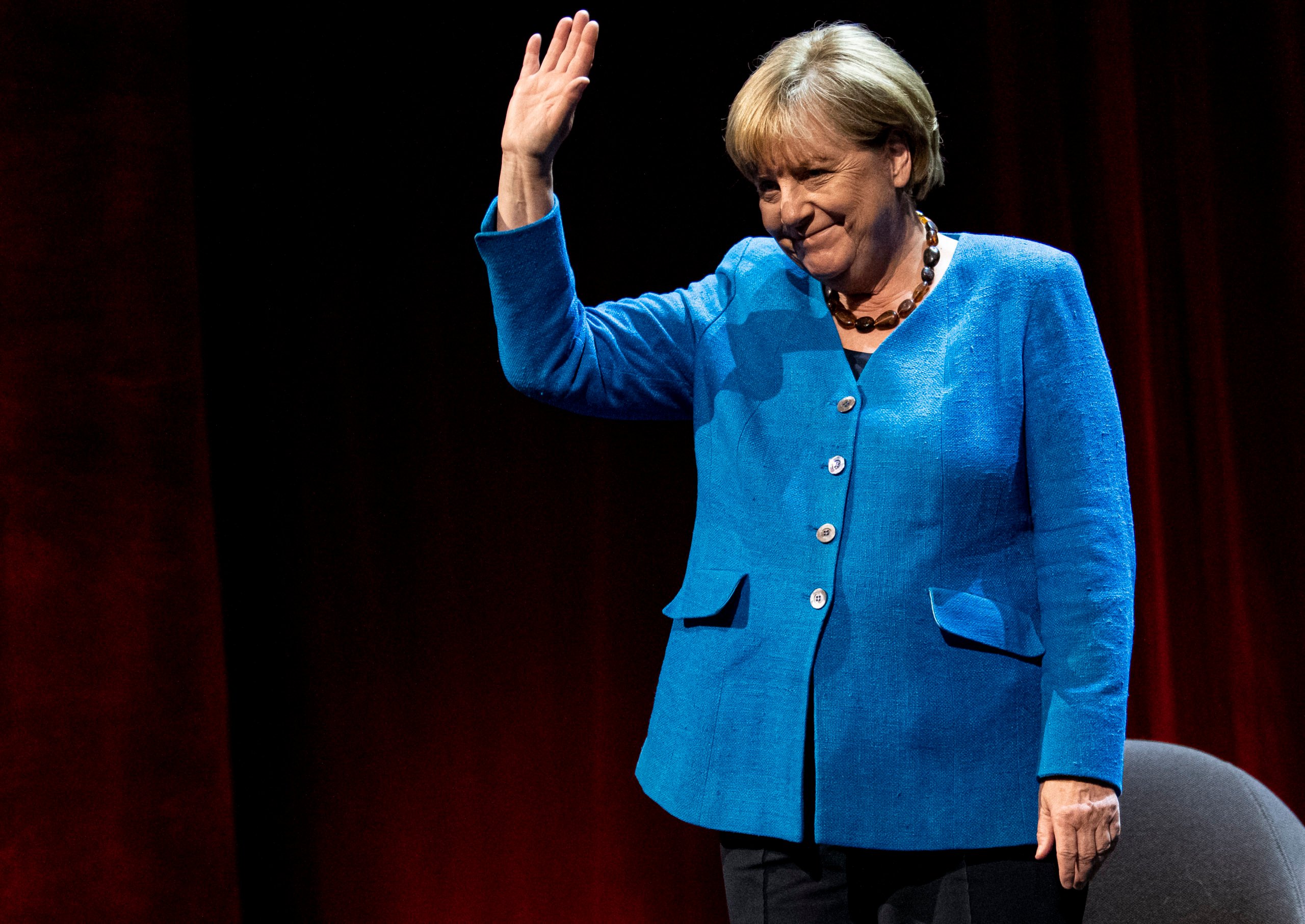
 Please whitelist us to continue reading.
Please whitelist us to continue reading.
Member comments